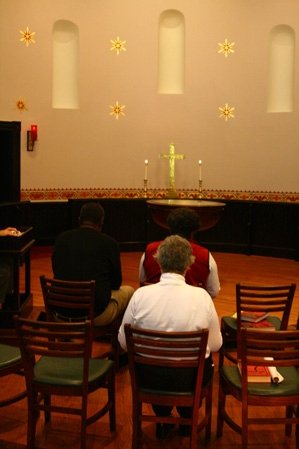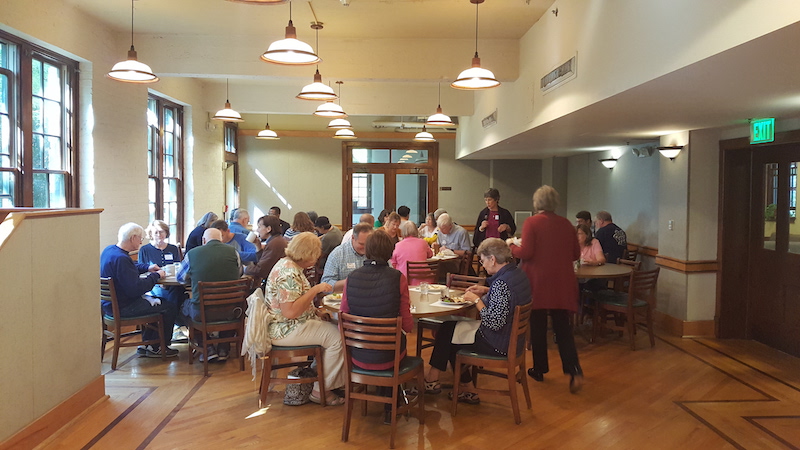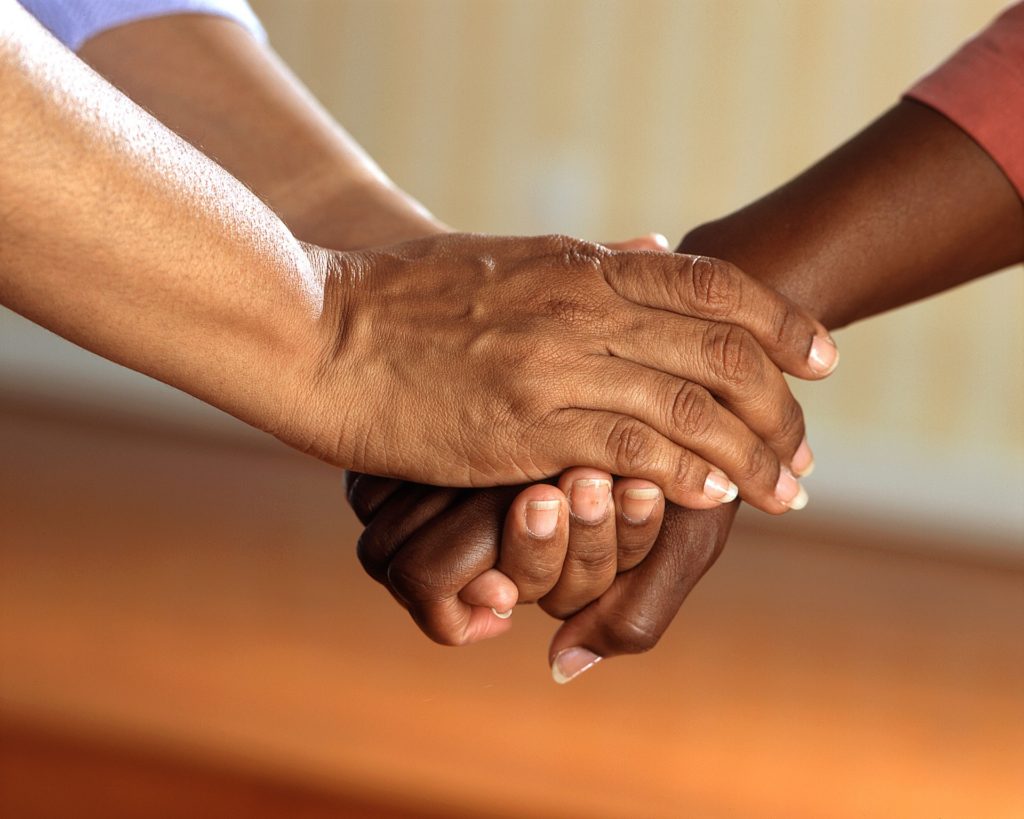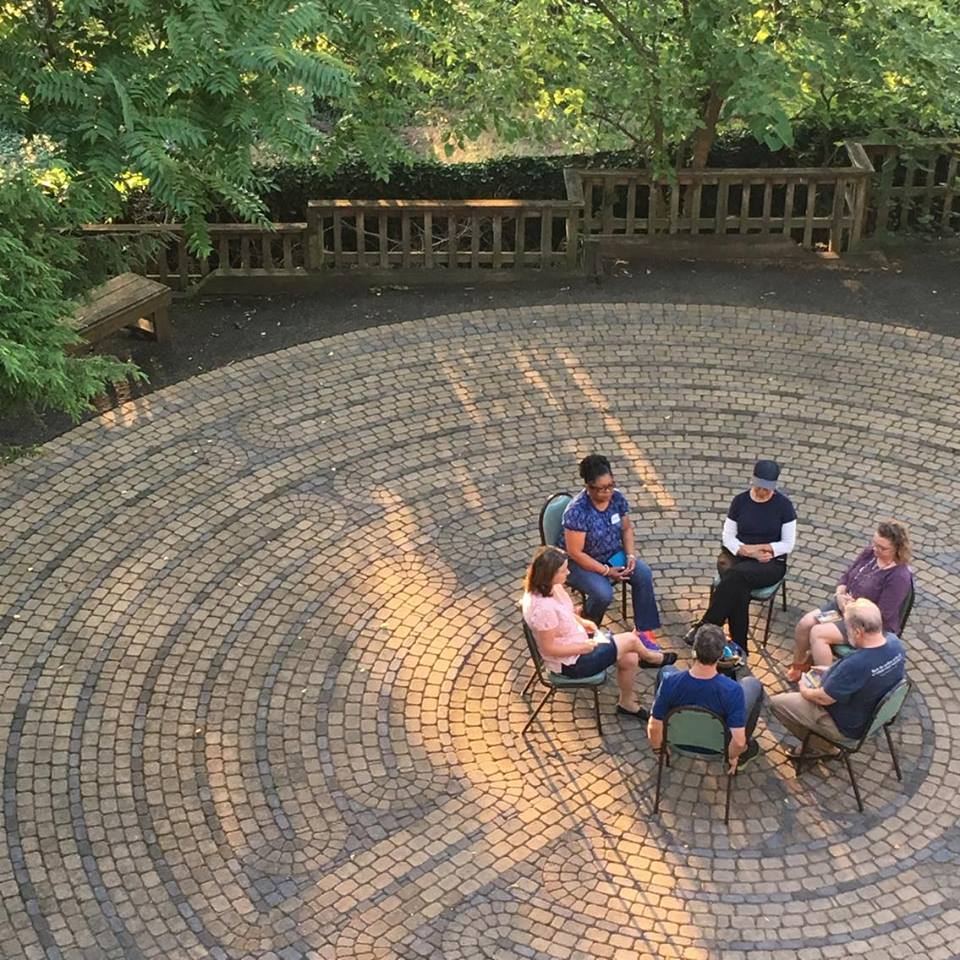Racial Healing
Examining oneself, paying attention to the particular wounds of race in Metropolitan Richmond, and to the setting right of racial wrongs.
The Rule of Richmond Hill
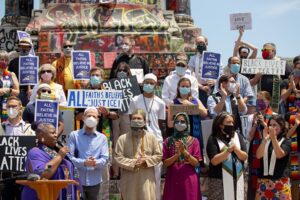
Richmond Hill’s commitment to racial healing dates back to its founding. Building off of The Sister of the Visitation of Monte Maria’s commitment to pray for reconciliation and healing in the aftermath of the civil war, Richmond Hill specifically addressed the racial tension that has persisted since the nation’s founding. The shifting tide in addressing racial issues surrounding: policing, economic disparity, health concerns, and other pertinent matters, reveals our work is all the more crucial in today’s world.
By first being intentional about promoting diversity in its residential community, we actively and regularly hold space for community dialogue. The African American History Project (AAHP) at Richmond Hill is also known as The Judy Project, named for a woman enslaved at the Adams-Taylor house from 1860-1865. Yearly, the Koinonia School of Race & Justice studies issues of systemic racism in metropolitan Richmond, while also developing strategies for equitable action. We also hosted the Community Trust Building Fellowship, a program through Initiatives of Change, which seeks to build relationships across differences.
Racial reconciliation is dangerous work if you’re doing it right.
The Rev. Victoria Bethel
Former Urban Service Corps Intern
& Associate Pastor for Hospitality

